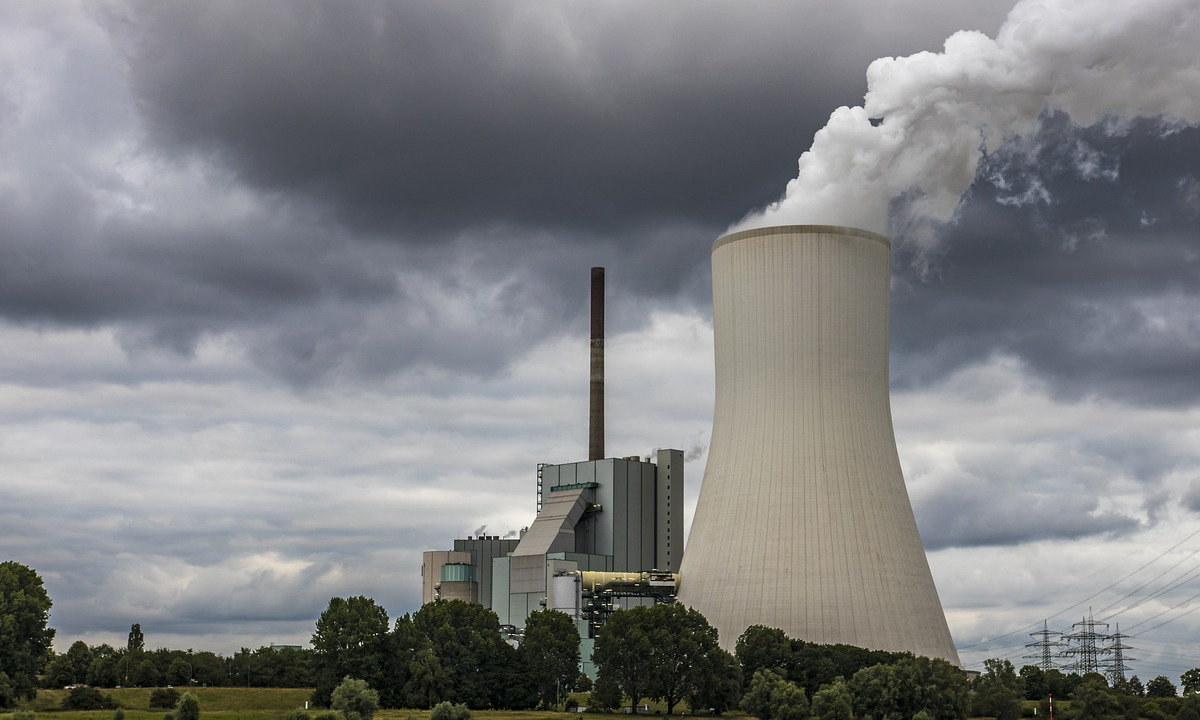Rep. Scott Peters (D-CA) has not been quiet about his dismay with the Green New Deal and his stance on what needs to be done to combat climate change.
Peters recently commented on the Green New Deal, saying, “I’ve explained it so many times… There’s not a Republican on it. It doesn’t even have a majority of Democrats. It got voted down in the Senate. So why people keep asking me about the Green New Deal is beyond me.”
The Green New Deal was first spearheaded by Rep. Alexandria Ocasio-Cortez (D-NY) and has caused much controversy within the Democratic Party. Congressman Peters has instead focused on what is called his “climate playbook.”
The playbook is filled with dozens of bills that are currently pending in Congress, with many of the documents having bipartisan support. Peters refers to the playbook as a reference document rather than a wishlist because he also includes many bills that he does not support—such as the Green New Deal.
The congressman recently introduced a bill to address super pollutants, methane, and hydrofluorocarbon in hopes of continuing the fight against climate change. However, none of the bills in Peters’ playbook have been passed into law since the list was established in April.
“We would be doing the planet a disservice to say we’re going to start in 18 months, with our fingers crossed that Trump loses…There’s no time to waste; we have to be working on this now. We have to focus on solutions rather than arguing with each other,” he stated when talking about the timeline for mitigating climate change.
In fact, Congressman Peters is the only Democratic member of Congress remaining not to sign House Resolution 109. This resolution calls on the federal government to draft a Green New Deal to zero out greenhouse gases. Due to his unwillingness to sign, Peters has received some backlash with many protests occurring outside of his office in University City.
Peters is dedicated to fighting climate change and reducing emissions to zero by 2050, but does not support some elements of the Green New Deal, such as the jobs guarantee and fully subsidized higher education.




